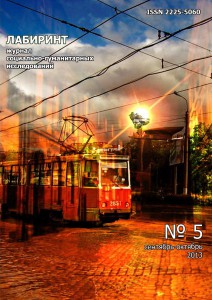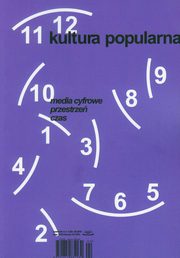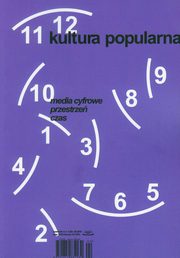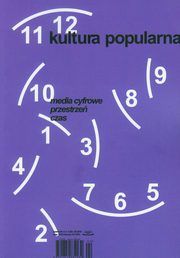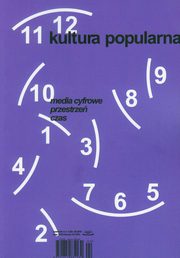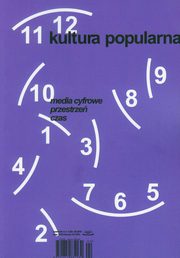РЕФЕРЕНЦИАЛЬНЫЙ ПОТЕНЦИАЛ ПЛЮСКВАМПЕРФЕКТА (НА МАТЕРИАЛЕ ФРАНЦУЗСКОГО И ТАТАРСКОГО ЯЗЫКОВ)
The article studies the possibility to express a verbal referential point using pluperfect based on the concept of temporal independence/non-independence of tense forms as an indicator of their dependence on non-verbal markers. It is proved that pluperfect cannot express a verbal referential point since correlation with other antecedent situation conditions its use.
More...
